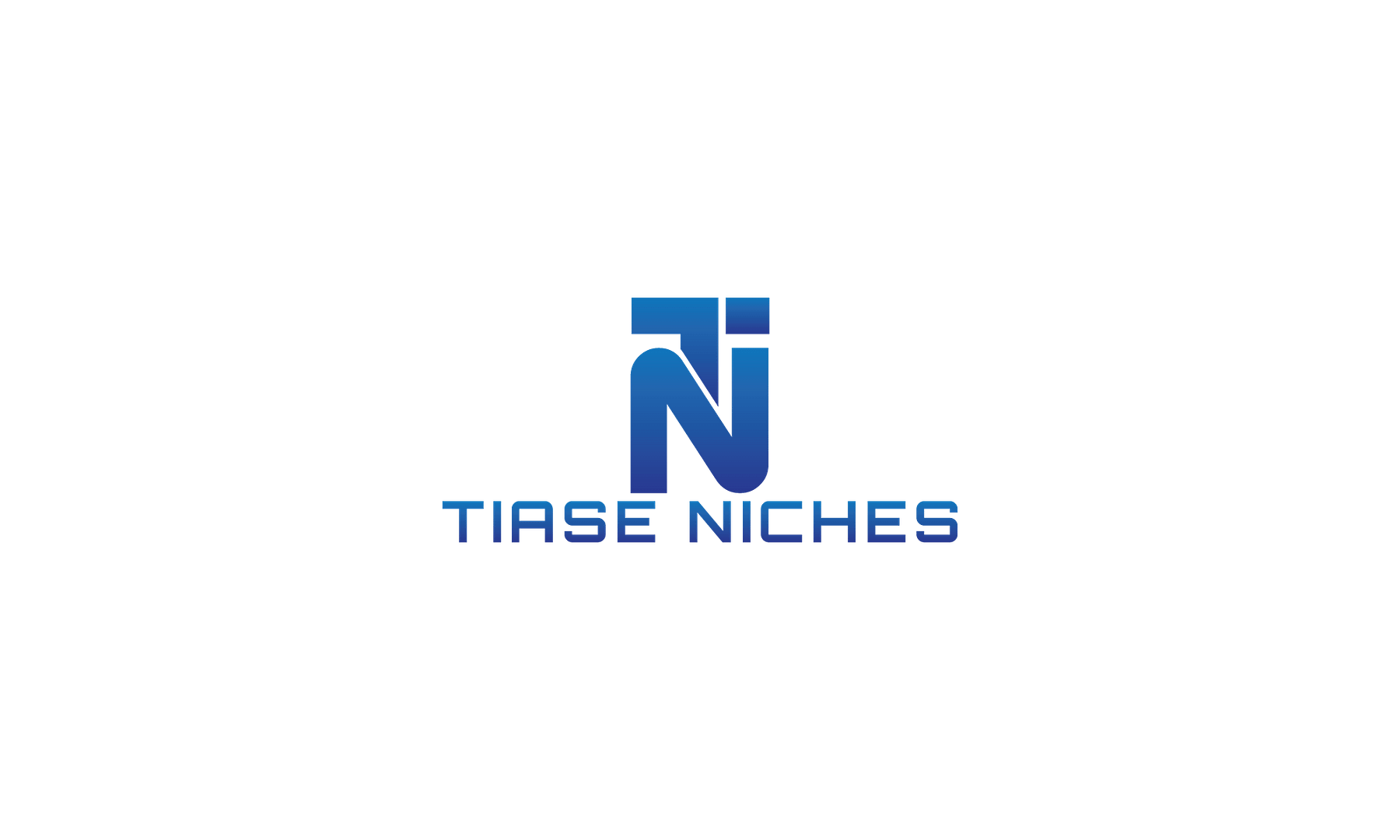There are two primary types of traffic when marketing your local business online: organic and paid.
Yet, understanding the benefits and disadvantages of each can prove challenging.
Considering the above, this post will explore the differences between paid and organic traffic and ways to employ both strategies when marketing your local business online.
Ready to get started?
Let's dive in!
Understanding Paid Traffic
Paid traffic consists of users who reach your website by clicking on sponsored content like search and social media advertisements.
With this in mind, you can typically opt for daily or lifetime budgets when setting up paid traffic campaigns.
Considering this, PPC (pay-per-click) advertising is the most common type of paid traffic.
Specifically, with PPC advertising, your ad will generate impressions when users conduct searches that include targeted keywords within your campaign.
You then pay each time they click on your advertisement.
What is Organic Traffic?
Organic traffic consists of visitors that reach your website from non-paid sources, including the search engine results page (SERP) and social media account profiles.
With this in mind, search engines deliver the largest and most targeted source of organic traffic.
Consequently, creating SEO-friendly content helps users find your local business quickly in search results.
Accordingly, the types of content you can produce to earn organic traffic include:
- Blog articles
- Infographics
- Videos
- Landing pages
Above all, remember that organic traffic results from informational content, whereas paid traffic results from promotional.
Which Traffic Source is Better for Local Businesses?
Investing in paid and organic traffic sources is the best practice for building a sustainable business.
Comparatively, paid traffic is more measurable than organic traffic.
Correspondingly, you can more quickly and easily determine worthwhile vs. wasted efforts when running paid advertising campaigns.
Paid online advertising campaigns are also easier to set up and can increase short-term ROI (return on investment) more quickly.
On the other hand, organic traffic is more challenging to measure but is more sustainable.
That is to say, unlike paid advertising campaigns, organic traffic will continue to visit quality content for months or years,
Resultingly, ROI and cost-effectiveness from organic traffic typically exceed paid traffic, though it takes longer.
In reality, it typically takes six months to a year to start noticing results from SEO, but you can learn the skills quickly and for free.
Moreover, paying for SEO-optimized content can still be considerably cheaper than paying for advertisements in the long run.
Considerations for Paid and Organic Traffic Campaigns
There are a few factors to consider when deciding between paid and organic traffic strategies, including:
- Your budget
- Your goals
- The amount of time you have available
- The effort you are willing to put in
- Your timeframe to see results
To begin with, paid traffic can prove risky for local business owners who lack the necessary experience or budget to run promotional campaigns.
Additionally, though you can easily set your budget, exceeding it is easy.
Therefore, focusing on organic traffic is usually best for local business owners with tight budgets.
Also, consider the available time and effort you wish to put into your marketing efforts.
Again, paid traffic campaigns are easier to set up and require less time than driving organic traffic.
On the other hand, organic methods are often cheaper in the long run and deliver more sustainable results.
In Conclusion
In the final analysis, paid and organic traffic strategies have advantages and disadvantages.
Consequently, employing both strategies to complement each other will yield maximum growth and returns for your local business.
Thus, start accelerating your content creation efforts and dialing in your paid advertising campaigns today.
Hope this helps,
Erik
We implement creative, results-based digital and hybrid marketing strategies for local business clients.
You can visit our home page and view our service plan options by clicking the button below.
